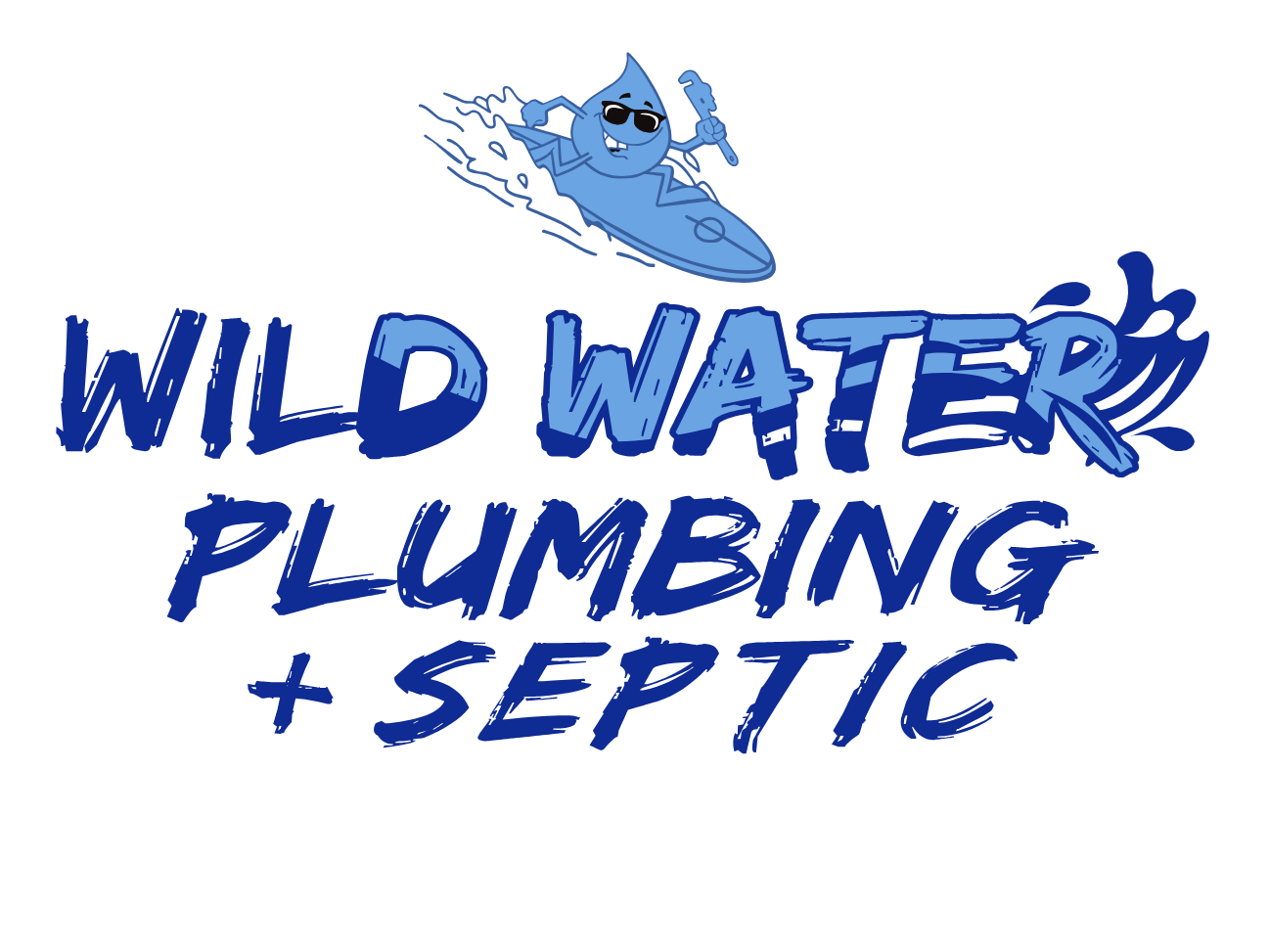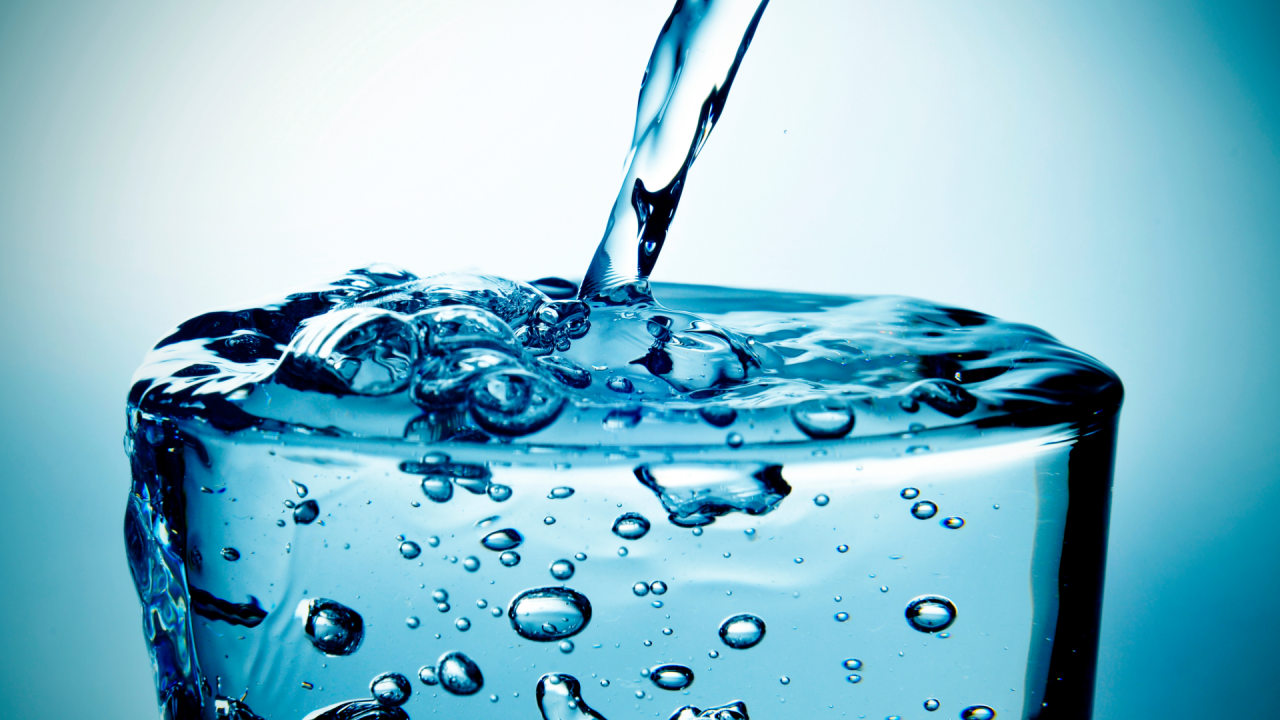WHAT EVERY HOMEOWNER SHOULD KNOWUnderstanding Well Water: Is It Really as Pure as It Seems?
Well water is often praised for being natural and free from municipal processing. For homeowners, it is a great advantage. But, if it's not treated and filtered correctly, it can bring some unexpected visible and invisible problems.
Let’s look at what untreated well water might hide and why you should think twice before assuming it’s perfectly safe.
The Hidden Stuff in Well Water
Sure, tapping into a natural water source sounds fantastic, but the ground can hide all sorts of things you wouldn’t want to drink:
- Bacteria and Microorganisms: Wells can be home to harmful bugs like E. coli, coliform bacteria, and viruses that can make you sick if you consume them.
- Minerals and Hardness: High levels of minerals like calcium and magnesium make water “hard,” which can cause annoying scale buildup in your appliances and fixtures.
- Iron and Manganese: These minerals can stain your sinks and laundry and give the water a nasty metallic taste.
More Than Meets the Eye – Chemical Contaminants
- Pesticides and Herbicides: Chemicals from nearby farms can seep into the groundwater.
- Heavy Metals: Dangerous elements like arsenic, lead, and radon can enter well water and pose serious health risks over time.
- Volatile Organic Compounds (VOCs): These can come from fuel storage, septic systems, or nearby industries and are not something you want in your drinking water.
Real-World Problems:
- Health Issues: Regularly using untreated well water can cause stomach problems, skin issues, or even more serious health complications.
- Appliance Troubles: Hard water can clog up and reduce the efficiency and lifespan of your water-using appliances, like dishwashers and water heaters.
- Aesthetic Problems: Stains on your fixtures, dingy laundry, and weird tastes or smells can make well water less enjoyable.
- Cost Concerns: Repairing appliances, replacing stained fixtures, and dealing with health issues can add up, making untreated well water expensive in the long run.
What You Can Do:
- Regular Testing: Test your well water at least once a year to check for contaminants.
- Water Softeners: These can help with water hardness and prevent scale buildup.
- Filtration Systems: Depending on what’s in your water, you might need filters that target metals, chemicals, or bacteria.
- UV Purification: UV purifiers kill bacteria and can be a powerful addition to your water treatment setup.
While well water offers independence and a closer connection to nature, it also brings challenges. By recognizing and addressing these potential issues, you can enjoy all the benefits of well water without the downsides. With the proper knowledge and tools, every drop from your well can be as pure, safe, and refreshing as you hope.


